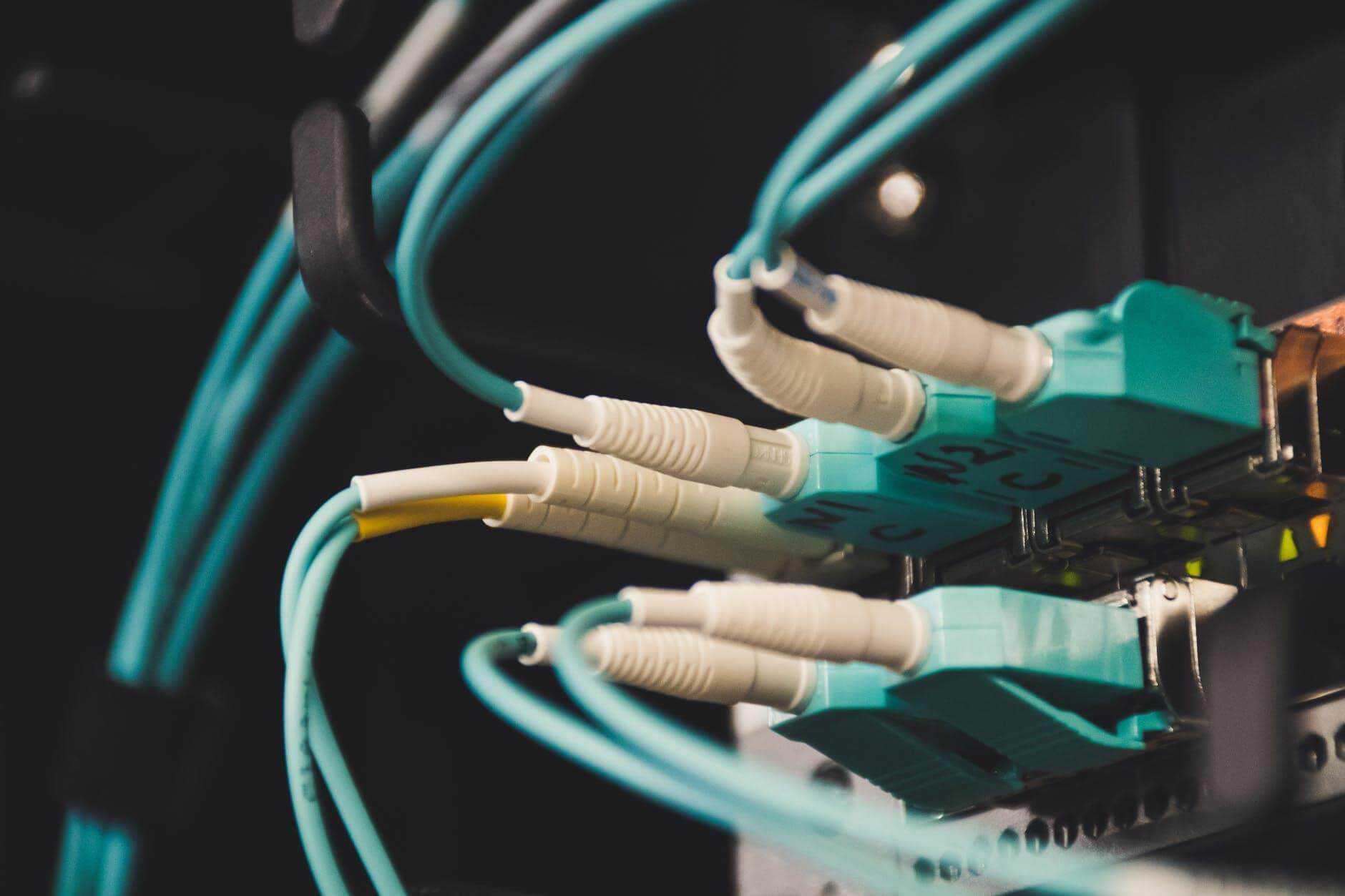Many small business owners mistakenly believe that the size of their business alone will protect them from cyberattacks and hacking attempts. But the unfortunate truth is that today, small businesses are often an even bigger target for hackers due to the fact that they do not often have the security measures in place that the bigger brands due, because of lower budgets.
This makes it easier for hackers to get in and access sensitive data and information with attacks that could be devastating to your company. So, what are some cybersecurity best practices to put in place to ensure ultimate protection?
Verify Message Senders:
Phishing attacks are a very common way for hackers to breach a small business, and it is often too late by the time that you realize you have been tricked. Emails and other messages might be sent to your business and made to look like they have come from a trusted and reputable source when in reality they have come from a hacker who is using the message as a way to dupe you or an employee into providing them access to an online account or give away sensitive information.
You should always verify messages that ask you to follow a link or provide information by going straight to the source or double-checking with the alleged sender. You can also use Nuwber to find more information on the source behind emails and text messages.
Set Up a Firewall:
Firewalls are either software or hardware that are used as the first line of defense against malware and other potential dangers to company computers and devices.
Setting up a firewall is recommended since it will provide a barrier between your company and any cybercriminals looking to gain access to your equipment and network.
Use VPNs:
A VPN or virtual private network encrypts the traffic going to and from your devices, making it harder for hackers and other criminals to intercept the information. If you run a small business and often work from outdoor areas like coffee shops, libraries, and shared workspaces, it’s important to use a VPN especially when logged into a public Wi-Fi network. Public Wi-Fi is a popular option for business owners who like to work outside of the office, but it’s also the riskiest option since it is unsecured and easy to hack into. Using a VPN will help mitigate the risks and keep the work that you do private.
Create a Cybersecurity Culture:
One of the most effective ways to promote cybersecurity within your workplace is to promote a culture of safety among all employees. Rather than assuming that cybersecurity is a job for the IT staff, it’s important for everybody involved in working for the business to be looking out for the potential signs of an attack, openly communicating about cybersecurity, and taking proactive steps to improve safety.
Create Strong Policies:
Finally, strong cybersecurity policies can be used to guide employees when making any decisions in the workplace and in daily practices, such as setting passwords and storing data. Since the data that you collect is often the main target for hackers, it is important to come up with clear policies on who is able to access this data, where it is stored, and how long it is stored. There should also be policies surrounding the type of data that you collect – only collect what you actually need.




